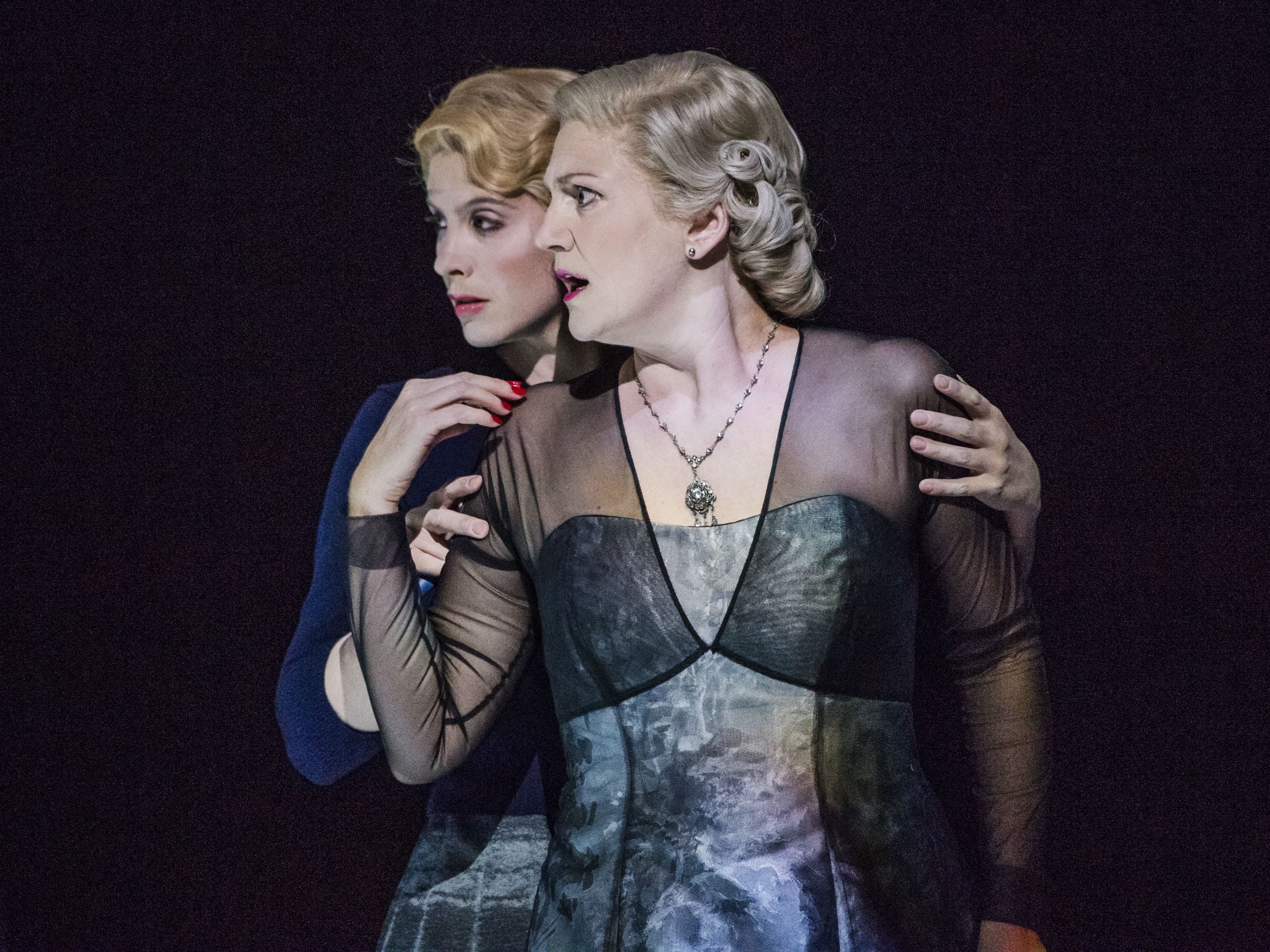Vanessa, Glyndebourne Festival Opera, review: Worth the wait for this winningly performed production
Barber's 1958 opera once seemed outdated, but it has recently enjoyed a number of major revivals including this first full-scale professional staging in the UK

Back in January 1958 Samuel Barber’s opera Vanessa was well received at its New York premiere, though following a poor critical reception in Salzburg that same summer its international career faltered badly.
The problem was one of timing. At a point when serialism was the shibboleth for a new generation of composers, Barber’s adherence to post-Romantic lyricism, with its echoes of Richard Strauss rather than Schoenberg, must have seemed hopelessly and almost perversely outdated.
But times have changed. In today’s more pluralist classical world, Barber’s first full-length opera is being looked at again and has recently enjoyed a number of major revivals. Wexford presented it successfully in 2016, and now Glyndebourne follows up with what is the first full-scale professional staging of the piece in the UK – 60 years after the work’s launch.
It has been worth the wait. Barber’s score is technically impeccable. Himself a singer of some distinction, he writes for the voice with confident skill, while his orchestration is a thing of consistent beauty and imagination, its virtues marvellously displayed at Glyndebourne by the London Philharmonic under conductor Jakub Hrusa.
Doubts will remain about the libretto, by Barber’s long-term partner Gian Carlo Menotti. In his original scenario, set in some unspecified Northern country around 1905, Vanessa keenly awaits the arrival of her former lover Anatol, a man she last saw 20 years before. But when he turns up it is not the Anatol she knew – who is dead – but his son, who quickly engages her affections as well as those of her niece, Erika. The surprise ending sees Vanessa and Anatol set off for a new life in Paris while the distraught Erika settles down for her own period of waiting.
Menotti’s would-be poetic text is not always fortunately phrased, and Keith Warner’s production arguably hints at answers to nagging questions about the true relationship between the three central characters that are better left ambiguous.
Other than that, Warner and his designer Ashley Martin-Davis do a fine job in suggesting a hothouse emotional temperature in a cold Northern clime, and the neediness of the two women whom the shallow Anatol finds he can wrap round his manipulative fingers.
All three roles are winningly performed. Emma Bell’s tensile soprano charts the central character’s vulnerability and self-obsession. Though French mezzo Virginie Verrez could do with clearer diction, she takes us right inside the inexperienced Erika’s mindset. Edgaras Montvidas’s clean-cut tenor conveys the confident charm that brings Anatol easy conquests.
Standing out from the surround are Rosalind Plowright as the dignified, taciturn Old Baroness who knows far more than she lets on, and Donnie Ray Albert as the loyal family Doctor. Glyndebourne may have turned its attention to Barber’s opera belatedly, but they have done him proud.
Until 26 August (glyndebourne.com)
Subscribe to Independent Premium to bookmark this article
Want to bookmark your favourite articles and stories to read or reference later? Start your Independent Premium subscription today.

Join our commenting forum
Join thought-provoking conversations, follow other Independent readers and see their replies